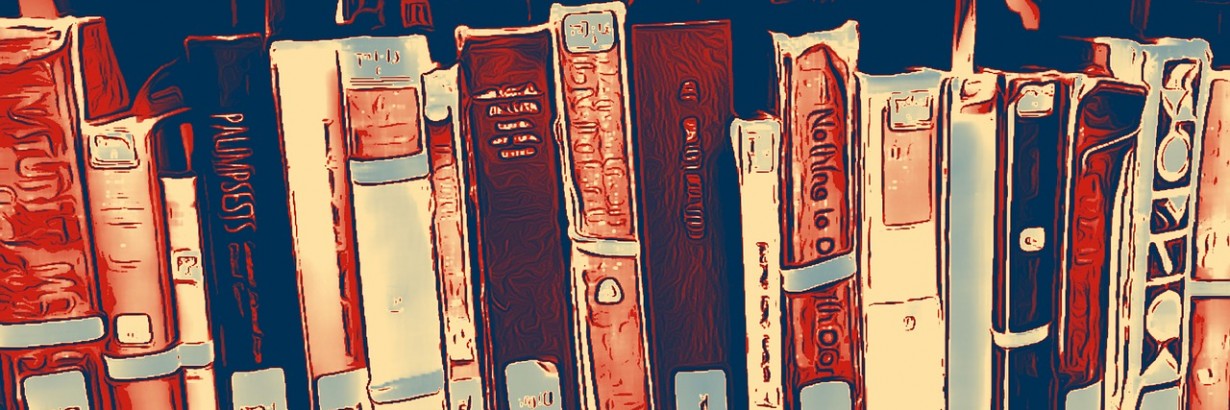Reflection Letter
Dear Portfolio Assessment Committee,
Through this course, The Personal is Public: Writing with Archives and the Arts ENG -101, I have learned all the learning outcomes of this course through all the assignments of writing. In the beginning of the semester, we had assignments that simply stated to write about a prompt that was given by the professor. At that time, I did not know what the significance of what the assignment was if we had to write and discuss without learning any skills or techniques in writing. However, as we progressed into the portfolio project, I realized that I was able to compare and realize the contrast in my writing from the beginning of the year to now. One of the problems that I had in the beginning was connecting ideas to make a powerful essay. I have written many essays, but there were some aspects that I knew something was “off” that did not fully present my message to the readers.
I am a science major in the college, and knowing that I will later have to write a lot of research essays and other scientific research papers in the future, I want to fully learn how to write a powerful essay in the situation of having a lot of facts and data to write and analyze into a paper. In the beginning of the research for my proposal, I had around five documents of research about Lorraine Hansberry’s play, A Raisin in the Sun, the author Lorraine Hansberry herself, and the contemporary time period that arose to the significance of her play and her message. As I was putting together the proposal and the exhibition, I did not know which facts to use in order to formulate and apply the essay into a real world situation. I had so many different information from a lot of mediums, such as interviews, videos, movies, researchers, newspapers, etc. It took a long time for me to summarize the information and analyze them to use those evidence to support my paper, but through the practice of constant editing and rearrangements, I was able to condense my research into three main points and apply them to my theme. However, I used all the other information from my research for those facts were used in the descriptions of each supportive evidence. Using the following skills learned during class from summary, analysis, synthesis, and rhetorical listening to primary and secondary sources, idea development, and audience, I was able to successfully write a proposal and create an exhibition that fully presented my message to the audience. My ideas and the format of the proposal were very independent from each other, meaning that they did not have any connection to each other but rather simply stated their own individual supportive evidence to my theme. However, after I connected the ideas and the purpose of each evidence, I realized that this technique led to a much stronger essay in placing my stance as the author into a more affirmative position. In the exhibition and the narrative essay, as I made myself as an unbiased viewer, I was able to look into my works in a viewer’s perspective and question myself all the doubts that my sentences and ideas can arise from a viewer and edit my writing to prevent resolve those thoughts.
Many persuasive essays or exhibitions involve using supportive evidence to prove the author’s stance in an idea. This is the same thing for scientific papers. Scientists gather facts and data from their experiments and research to reason a specific point to support an idea, and those ideas has to be introduced the society in a way that will have a lot of followers without offending the public or be presented as an unorthodox or radical idea. That can only be managed through writings, speeches, and other modes of presentation that allows people to be somewhat to fully convinced of the new ideas, and developing the techniques learned through this course is very essential to those kind of situations. I plan to use these writing techniques throughout my life and develop these skills further in writing. Thank you so much for the organization of this course, and I will continue to learn the power of writings and apply them to other projects later in my life!
Yours Sincerely,
